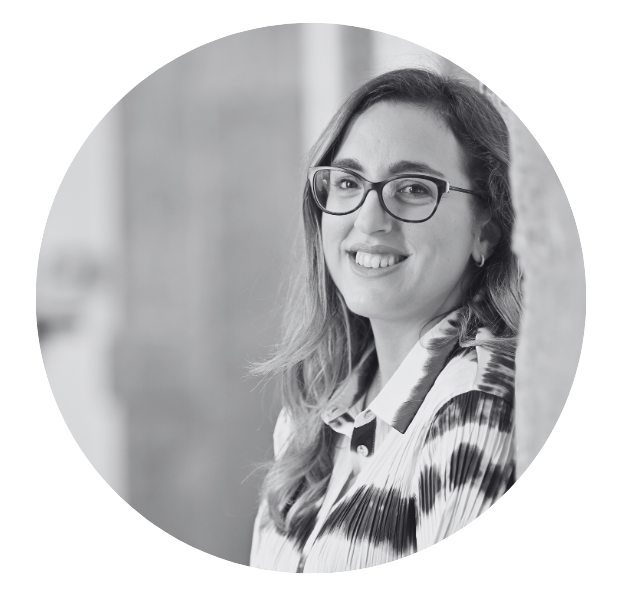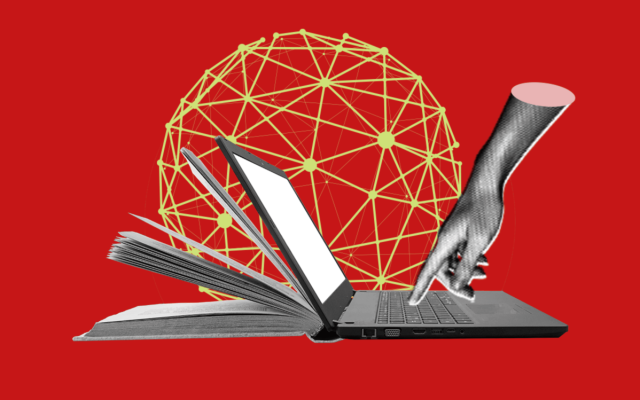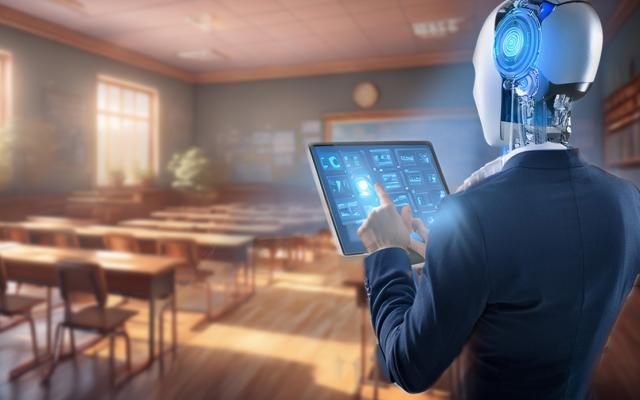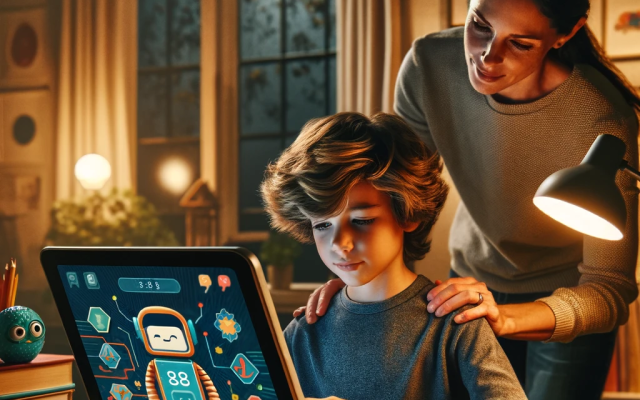The role of artificial intelligence for inclusive learning
Today, 24 January, marks International Education Day and this year the global focus is on the role of artificial intelligence (AI) in making education more accessible, inclusive and personalised.
UNESCO, in particular, reminds us that it is essential that these innovations are accompanied by human and inclusive thinking, capable of translating technological potential into real benefit for those who need it most.
It is in this spirit that the Fondazione Mondo Digitale is developing Pathway Companion: a platform designed to support children and young people with specific learning disorders (DSA) and their caregivers, creating personalised and inclusive educational paths.
Pathway Companion: an ‘intelligent’ companion
Developed by the Fondazione Mondo Digitale with the support of Google.org and the collaboration of the Fondazione Don Carlo Gnocchi, ITLogiX, Università degli Studi di Roma Tre, Pathway Companion exploits three artificial intelligence engines to guarantee personalised educational support [see Pathway Companion serving special needs ].
The focus groups for the development of Pathway Companion
In recent months, the Fondazione Mondo Digitale has coordinated several focus groups in order to assess how the platform can respond to the real needs of students, teachers and parents. These are structured meetings, conducted with a representative sample of the categories involved in the project, aimed at gathering qualitative feedback, identifying specific needs and refining the design of the platform. The ultimate goal of the focus groups is to make Pathway Companion a reliable ally that can be adapted to different educational needs, while maintaining the value of the human relationship at the centre.
The contribution of Caterina Galeano
Caterina Galeano, a psychologist and expert in developmental neuropsychology, has conducted several focus groups with children, teachers and parents, collecting qualitative data to refine the platform's functions. We interviewed her to collect her testimony.
THE INTERVIEW
Caterina, what was your role in the development of Pathway Companion?
I am a psychologist specialised in developmental neuropsychology and, in this project, I had the task of facilitating focus groups with students, teachers and parents. My aim was to gather direct feedback to better understand the challenges that children with specific learning disorders (SLD) face on a daily basis, but also to discover how technology can become a resource for them.
What was most significant during the focus groups?
During the focus groups I conducted, I was able to observe very interesting dynamics between teachers, parents and students. One of the things that emerged clearly was the lack of digital literacy on the part of both teachers and parents in the use of educational technologies.
The teachers, for example, mentioned tools such as WordWall, Let MeTalk and others related to augmentative communication, using them mainly as a supplement to traditional teaching. However, I did not find a systematic use of educational technologies by the support teachers, neither in the individual relationship with the student nor in the classroom context. Moreover, some teachers expressed a fear that these tools might not be very inclusive. This kind of fear, in my opinion, stems from a lack of awareness of the transformative potential of these technologies. If one is not fully familiar with a tool, it is more difficult to know how to use it well, filter its functionalities and propose it effectively to the child.
Another fear I have encountered is that these technologies may isolate the child from the rest of the class group. However, what we have observed working directly with children is exactly the opposite. These tools, in fact, have a very strong inclusive value. During focus groups, we have seen children with special educational needs (BES) overcome barriers thanks to these technologies and integrate more easily with their peers.
Unfortunately, digital technology is still not perceived as an integral part of teaching in schools. Many see it as a mere ‘extra’, something optional and not strictly necessary. This approach limits the opportunities that these tools can offer both students and teachers.
Parents also showed limited knowledge of educational technologies, but I noticed a great curiosity in them. They are very open to exploring their potential, even if they have concerns that these solutions may replace the human relationship rather than complement it. It is a legitimate concern, but I believe that with the right level of information it can be overcome. Indeed, compared to teachers, parents seem to be more aware of the transformative power that these technologies can have in their children's education.
In this sense Pathway Companion represents a truly innovative solution. The platform is adaptive and interactive: it adapts to the specific needs of each child, identifying individual difficulties and calibrating interventions according to improvements. This creates a continuity in learning that is crucial for children with difficulties. Moreover, the tool not only offers individual support, but also contributes to a more integrated and collaborative learning environment.
I firmly believe that the potential of these technologies goes beyond simply compensating for difficulties. They are tools that can truly transform educational dynamics, promoting inclusion and breaking down barriers that seemed insurmountable.
How can we ensure that tools like Pathway Companion are used effectively?
Training and awareness-raising are crucial. It is essential that teachers and families understand the potential of these tools, but also their limitations. AI must be used with awareness, always keeping the goal of creating an educational environment that puts the person at the centre.

By Alberta Testa, social media manager



